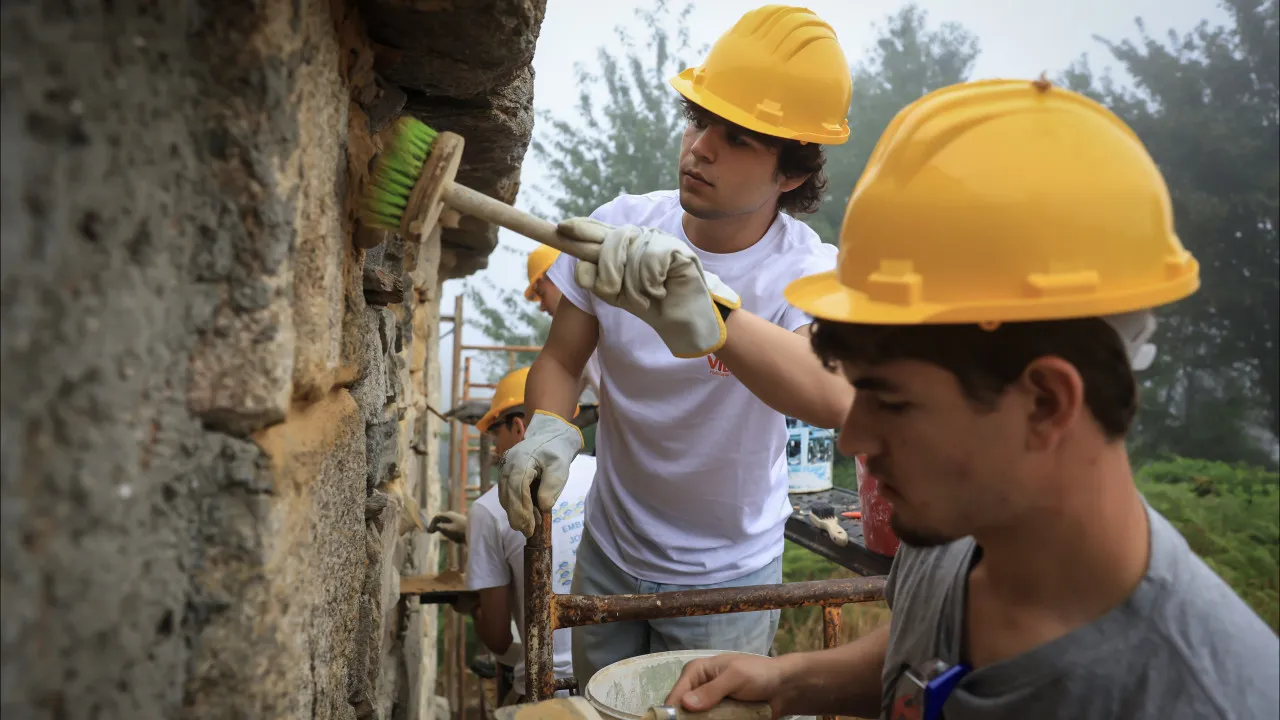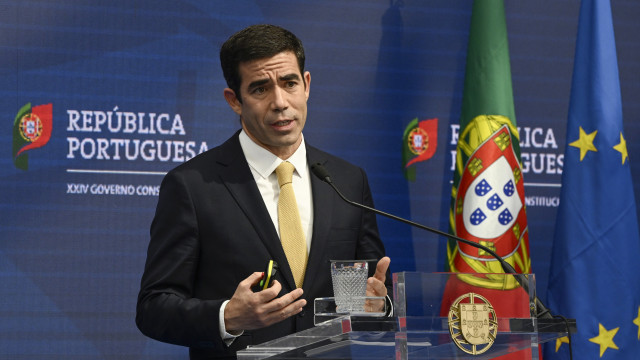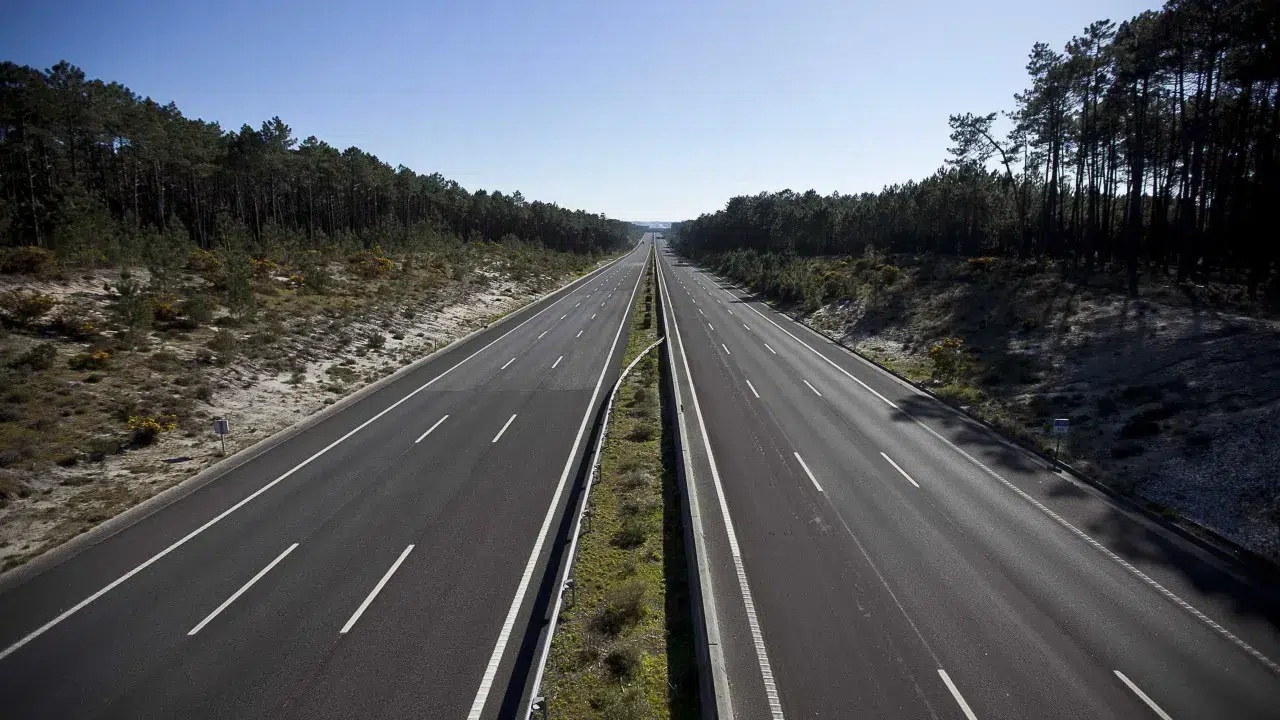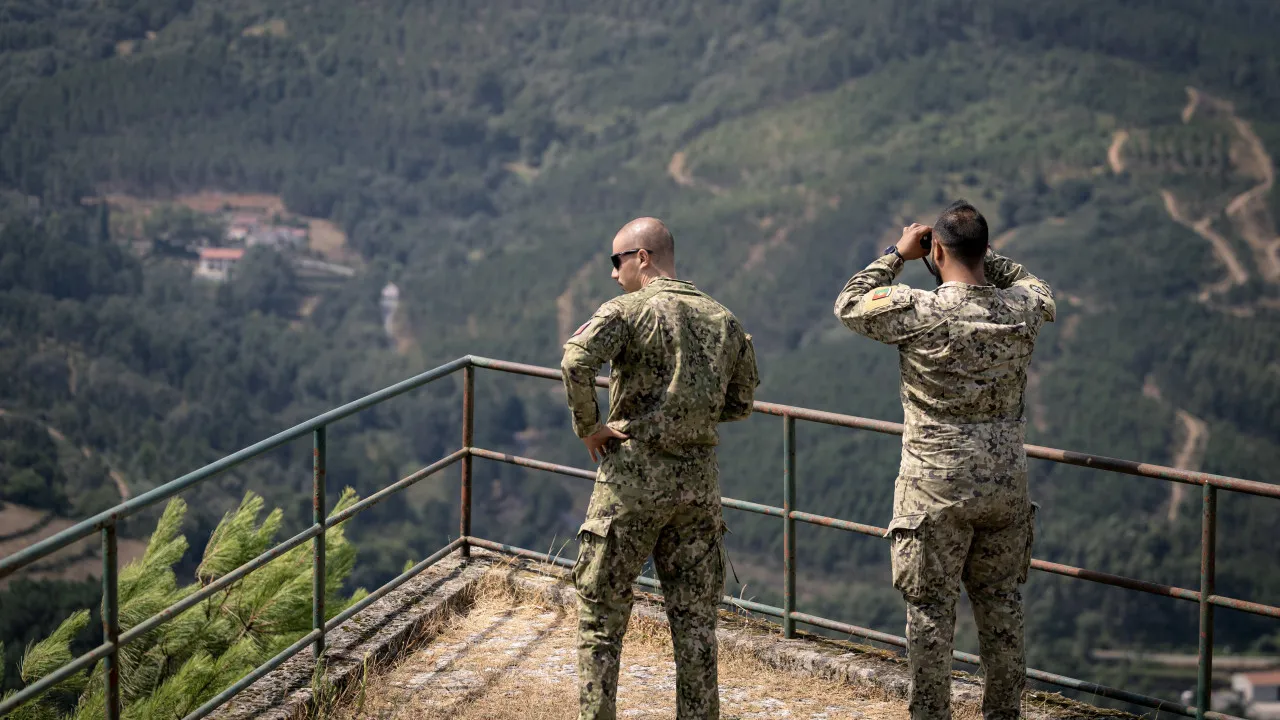
The composition by João Pais Filipe was performed live in February of the previous year at Batalha – Centro de Cinema in Porto, as part of a cycle dedicated to the Mexican collective organized by Batalha in collaboration with the London-based Institute of Contemporary Arts.
In comments provided to Lusa, the Portuguese musician explained that the album version differs from the live performance as it was more thoughtfully arranged and is the result of assembling various parts.
“When they invited me to score the film in real-time, I began preparing with the idea of using several instruments. Given the film’s rapid and frenetic pace with no breaks or transitions, I realized that my original plan wouldn’t work. I decided to make a somewhat radical choice to match the film’s tempo with a fast rhythm, without stopping, only varying timbres,” stated João Pais Filipe, emphasizing the physical aspect of the experience.
Conversely, for the recorded version, it was possible to create “something more suitable,” recording separate parts that were later joined on the album.
The Portuguese musician, who has collaborated with various national and international artists, mentioned that there is a plan to repeat the film-concert in May in London.
“João Pais Filipe’s music follows a path of sensory purification, freely interpreting the contingent and shamanic dimension the collective introduces (and claims) through its multifaceted and politically charged cinema of agitation,” wrote Batalha director Guilherme Blanc in a text sent to Lusa.
Blanc continues, explaining that the expression ‘teocalli’ in the Nahuatl Aztec language “has several meanings: it can indicate a ‘sacred place,’ ‘creative energy,’ or something ‘divine;’ it can also describe the pyramidal base where temples are built.”
“Among geological, natural, cosmic, human elements, and historical illustrations, the film opens multiple possibilities for cognitive and sensory immersion. It was precisely from this driving visual force that João Pais Filipe’s composition emerged, embracing its fractures, circularities, and interruptions, in a state of trance,” wrote the director of Batalha.
Formed in 2012 in Tehuacán, Mexico, Los Ingrávidos arose “from the need to dismantle the audiovisual grammar that aesthetic-televisual-cinematic corporatism used and continues to use to effectively ensure the dissemination of an audiovisual ideology through which social and perceptual control is maintained over the majority of the population,” according to the collective’s description.




